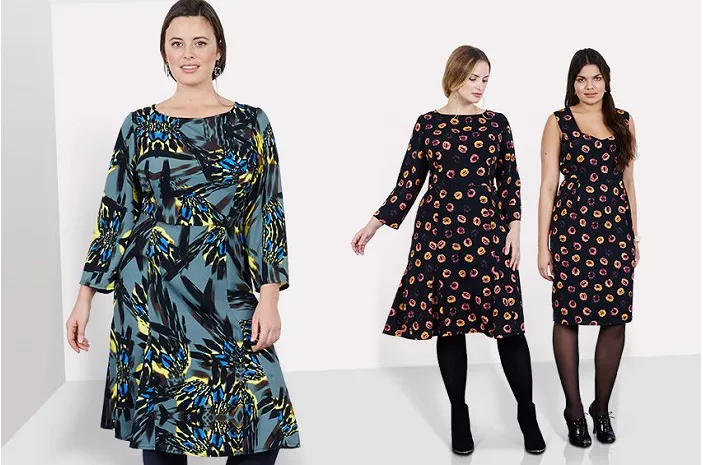The rise of artificial intelligence (AI) is threatening traditional jobs in the fashion industry, particularly for models. Many brands are quickly adopting this technology for their advertising campaigns. One such brand, Mango, has reported significant success since incorporating AI into its marketing strategies.
In July, Mango became one of the first companies to use AI-generated models in its ads. Shortly after, the retailer announced its highest revenue in 40 years. “It’s about faster content creation,” said Mango CEO Toni Ruiz in an interview with Bloomberg.
This month, Mango launched a new AI-driven campaign aimed at teenagers. Ruiz mentioned that the company plans to utilize these virtual models for all future collections. Mango is not alone; many other companies are following suit, reshaping the advertising landscape of the $2.5 trillion industry. Notable brands like Nike, Louis Vuitton, and Levi Strauss & Co. are also embracing AI technology.
According to a Bloomberg report from early 2024, hiring AI models is significantly cheaper than hiring human models. For instance, a real-life model might charge $35 per hour, while an agency can charge just $29 per month for access to a computer-generated model.
Experts believe AI can enhance the design process and drive innovation, despite some pushback from designers wary of its impact. Mango has invested in advanced technology for years, developing machine learning platforms to improve efficiency. The company’s engineering team worked with AI to create a “cohesive mood board” that captures the desired style. This process involved training the AI with a set of images for each outfit, according to Jordi Álex Moreno, Mango’s chief technology information officer.
To address concerns about reducing human jobs, Moreno announced that Mango plans to double its workforce in the short term. The company aims to open over 30 new stores by the end of next year.
“It is an excellent example of teamwork between human creativity and digital intelligence,” Moreno told the Financial Times. “AI should act as a co-pilot to enhance our employees’ skills and creativity, helping them focus on more valuable work by handling repetitive tasks.”
Marco De Vincenzo, creative director for the Italian luxury brand Etro, also supports AI’s role in the fashion industry. He used AI to produce visuals for the spring 2024 campaign, showcasing stunning models in fantastical settings reminiscent of sci-fi movies.
“From a creative point of view, it was amazing,” De Vincenzo told the Financial Times. He noted, however, that “the human touch” remains crucial in the creative process. “It’s modifying reality, which is what every creative person tries to do. It’s our job to experiment and push boundaries. Sometimes reality is just not enough.”
He concluded, “AI is simply a new way to express creativity. Why not use it?”
Related topics:

